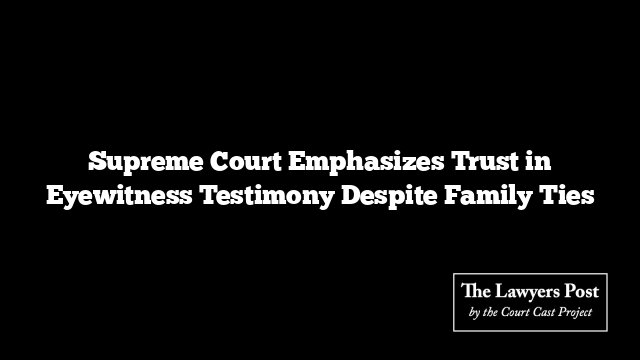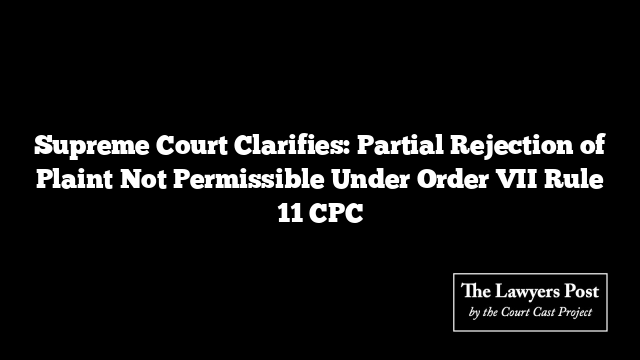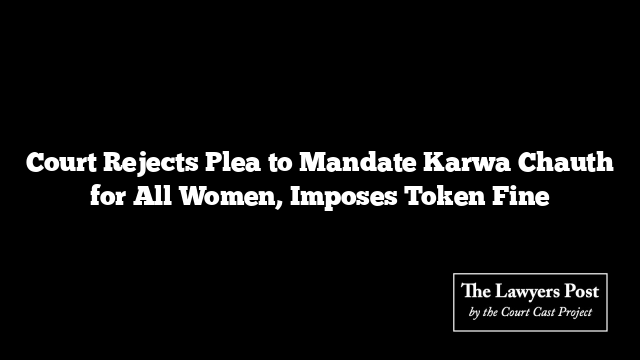In a landmark judgment, the Supreme Court has clarified that a witness’s relationship with the victim should not automatically render their testimony untrustworthy. Addressing a criminal appeal concerning a murder conviction, the Court stressed the need to distinguish between a “related” and an “interested” witness.
The Bench of Justices Vikram Nath and Prasanna B. Varale noted that a related witness—someone connected to the victim—might be naturally present at the scene and is not inherently biased. An interested witness, on the other hand, has a personal stake in the case, driven by motives such as revenge or personal gain. The Court underscored that testimony from related witnesses must be evaluated carefully, not dismissed outright.
The case arose from allegations of a fatal attack driven by a property dispute. While the Trial Court initially acquitted the accused, citing inconsistencies between medical evidence and eyewitness accounts, the High Court reversed this decision. The Supreme Court upheld the High Court’s judgment, emphasizing that the core facts in eyewitness testimonies remained intact despite minor contradictions.
The Court reiterated that the role of the judiciary is to assess evidence holistically, focusing on its overall credibility rather than isolating minor inconsistencies. In this case, the medical evidence supported the accounts provided by eyewitnesses, establishing the accused’s guilt beyond reasonable doubt.
The verdict serves as a reminder that courts must balance caution with fairness, ensuring justice is not hindered by unwarranted skepticism of credible witnesses.





